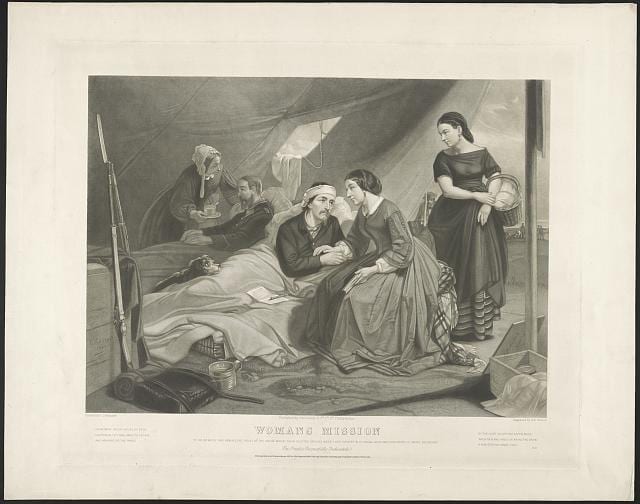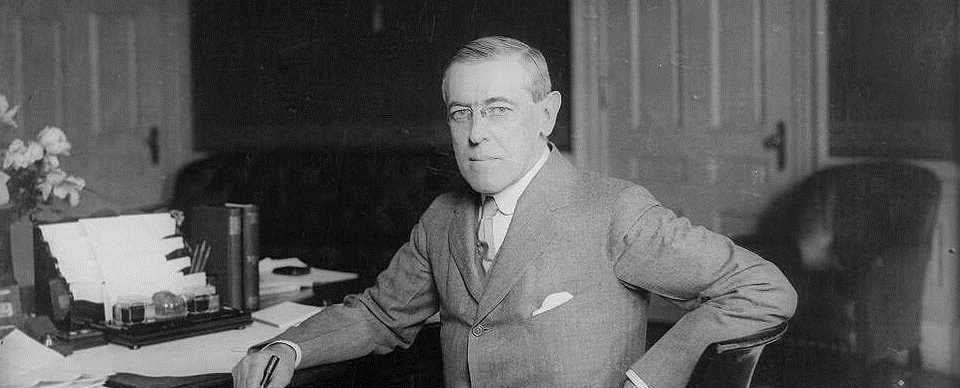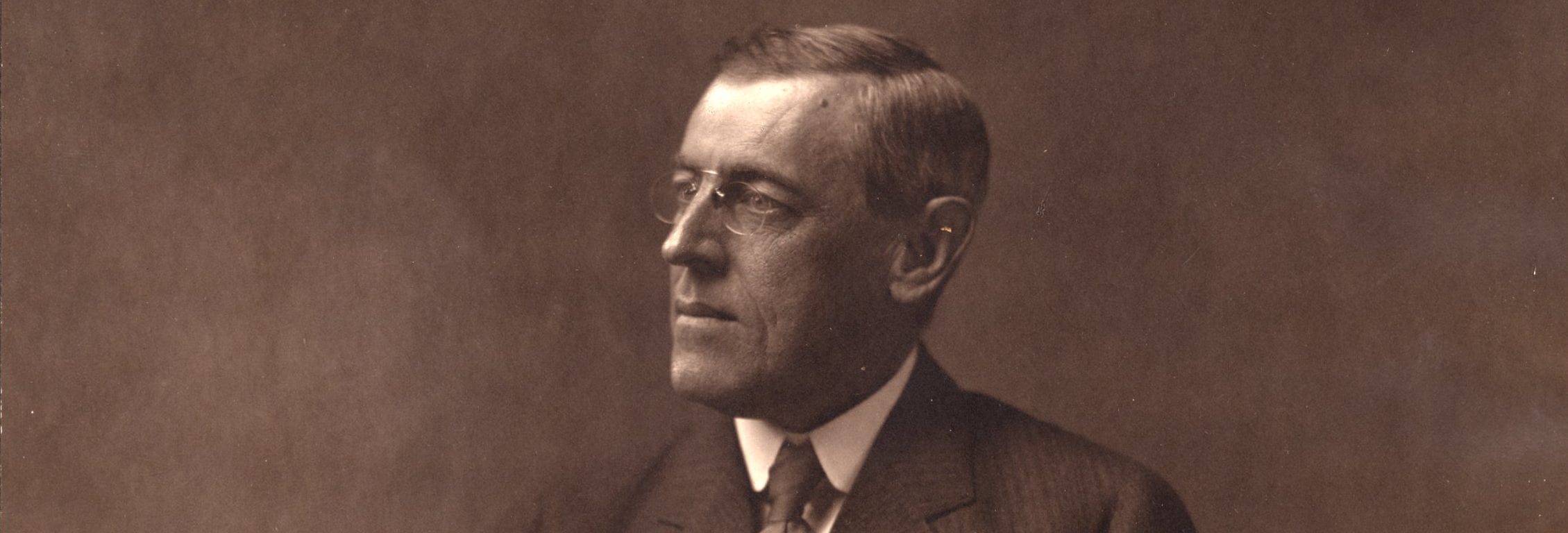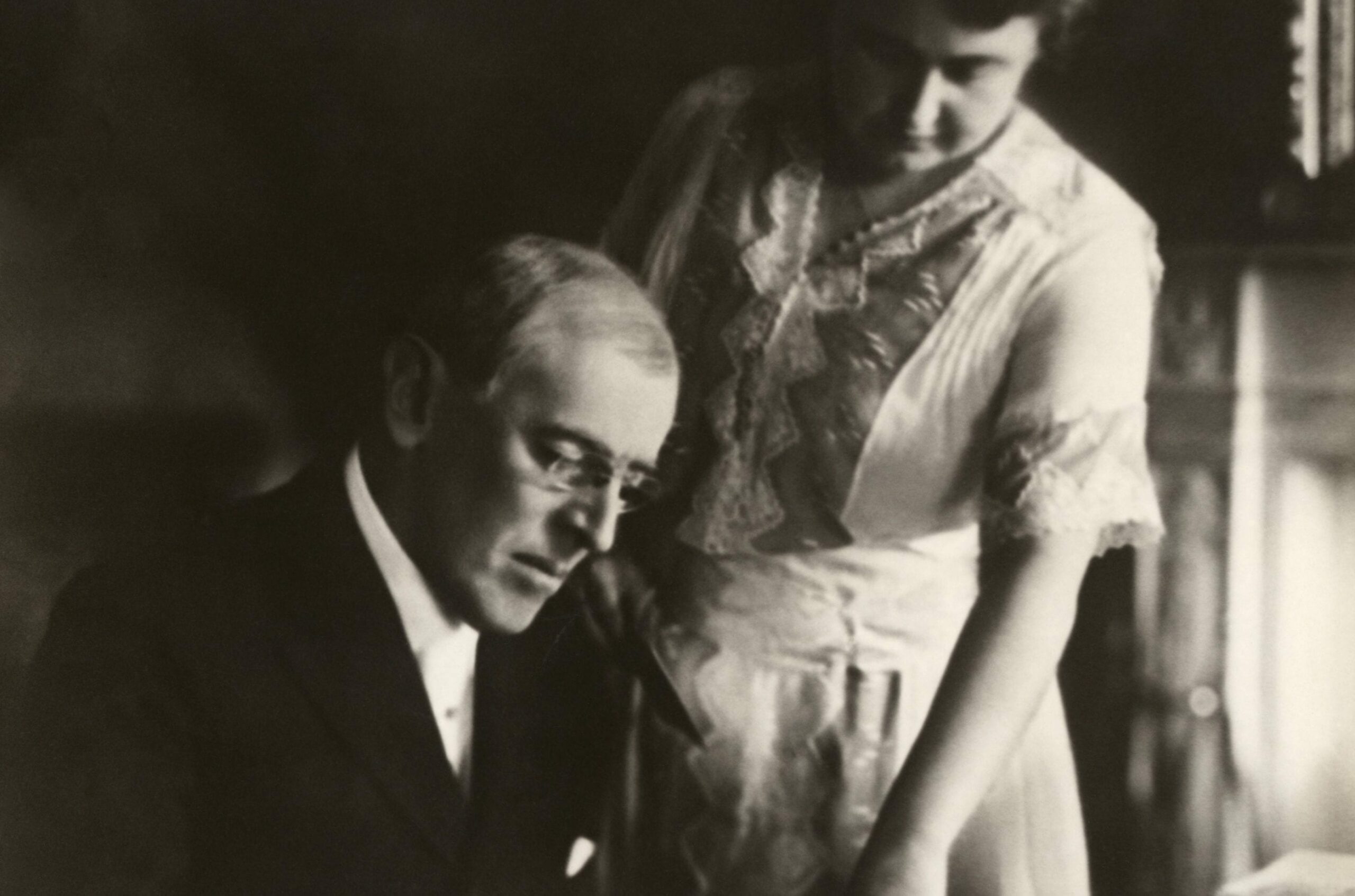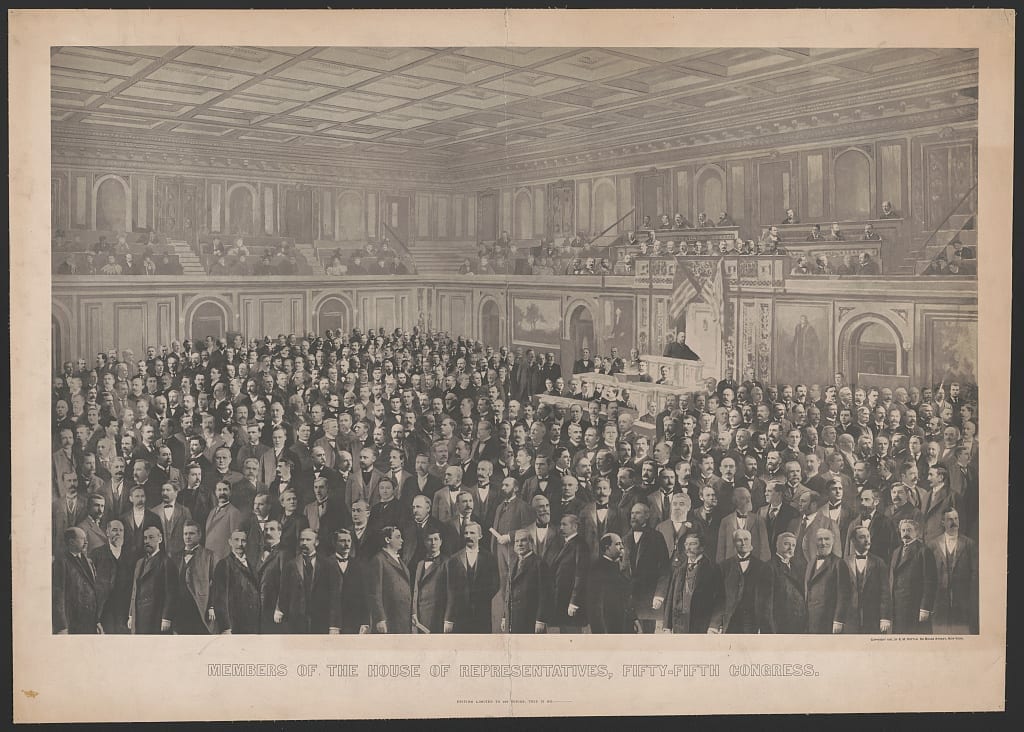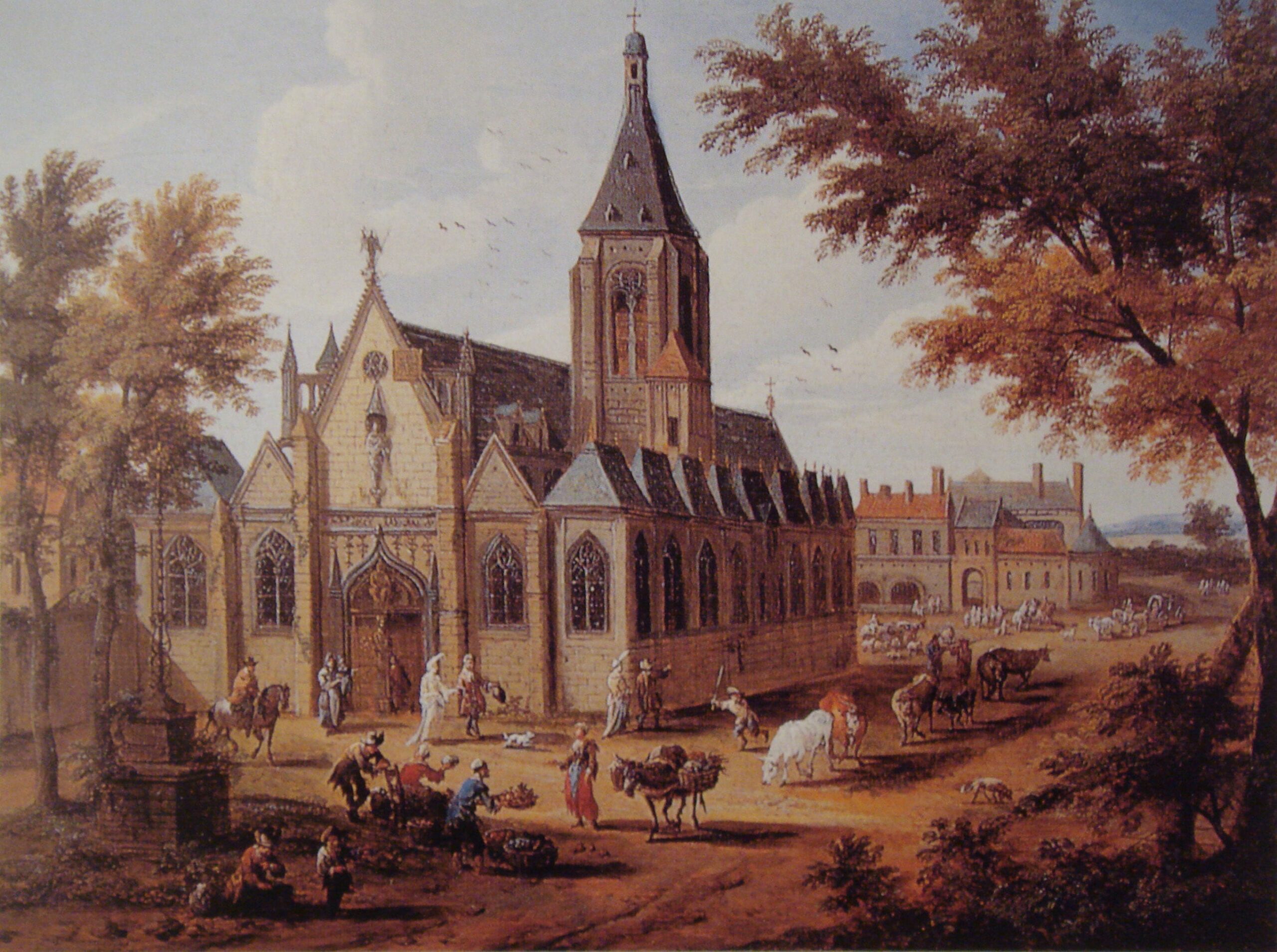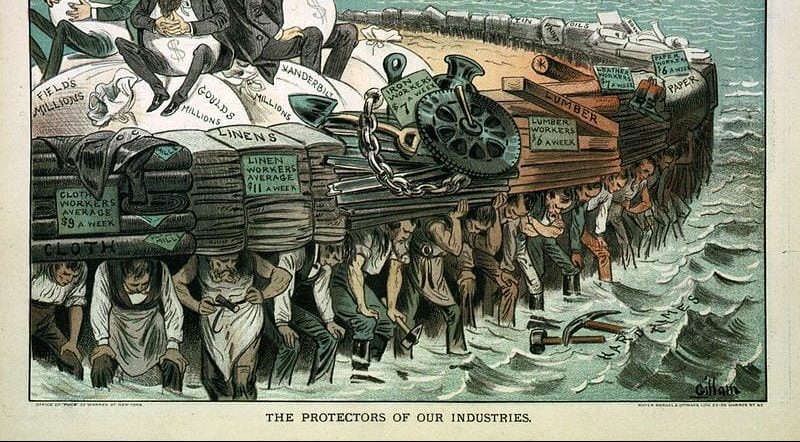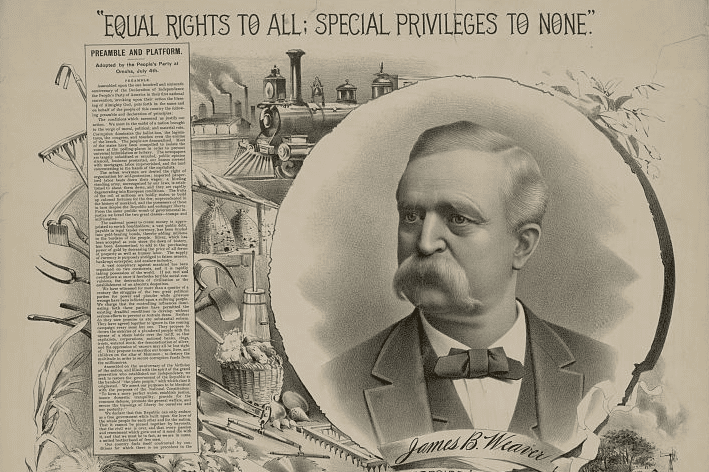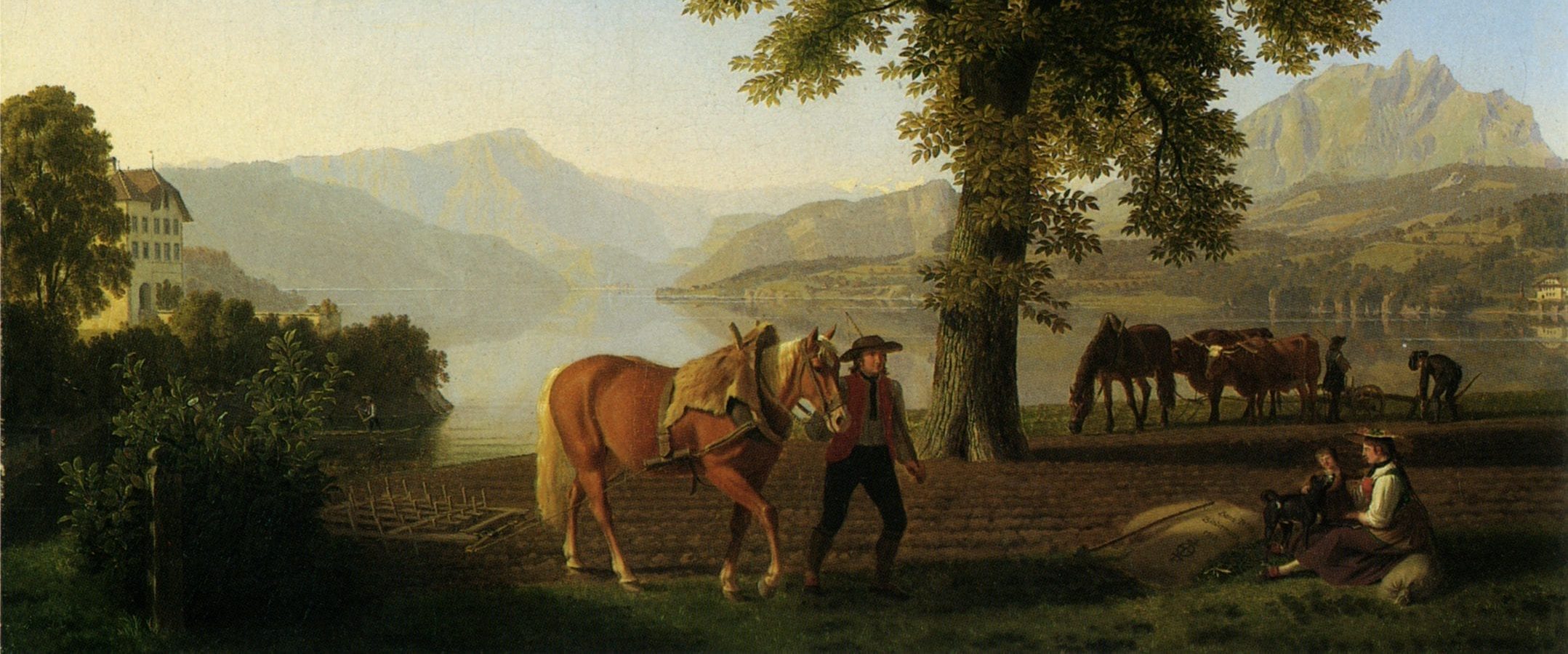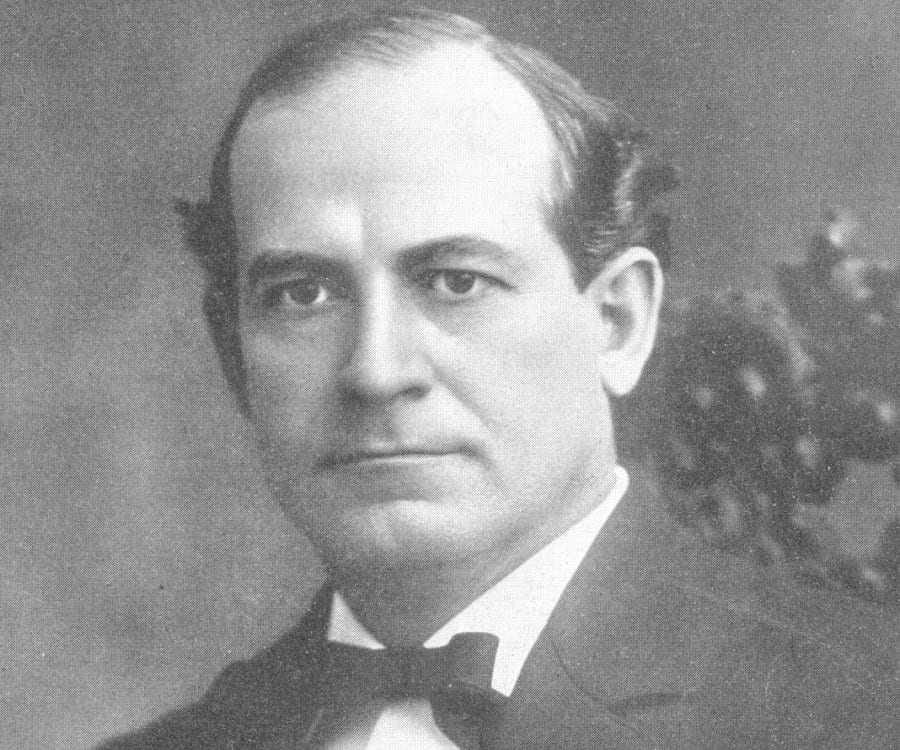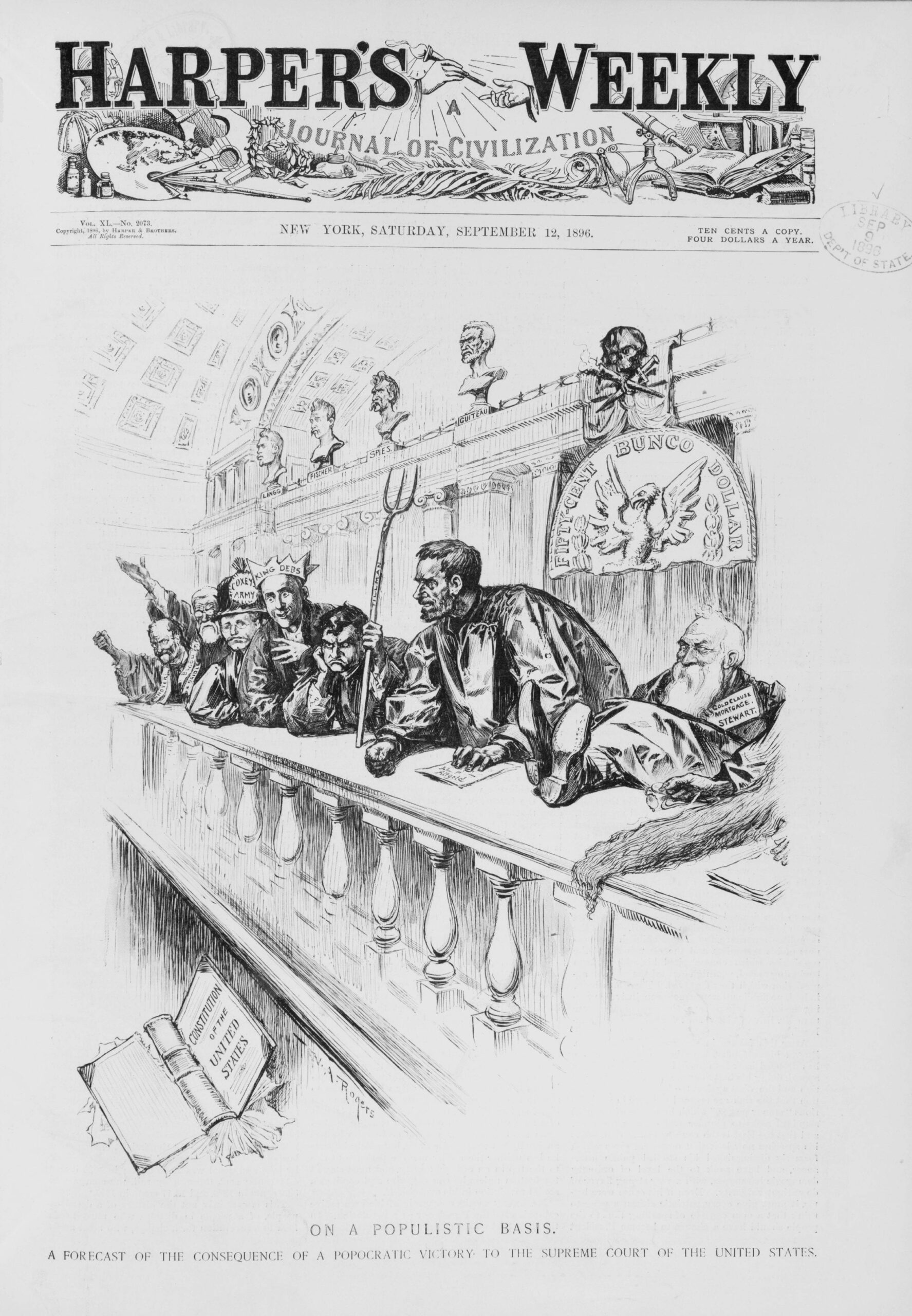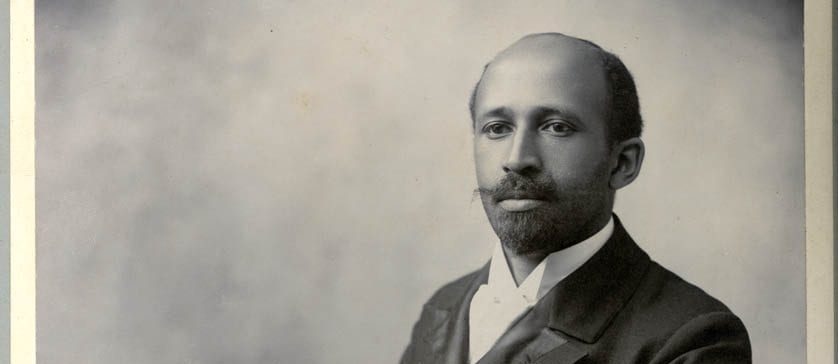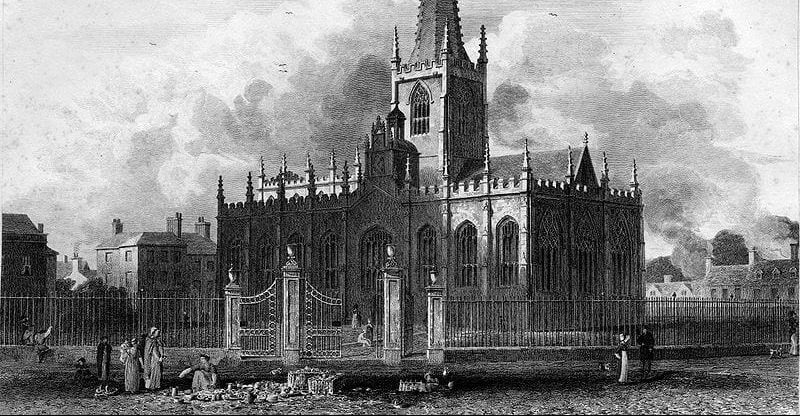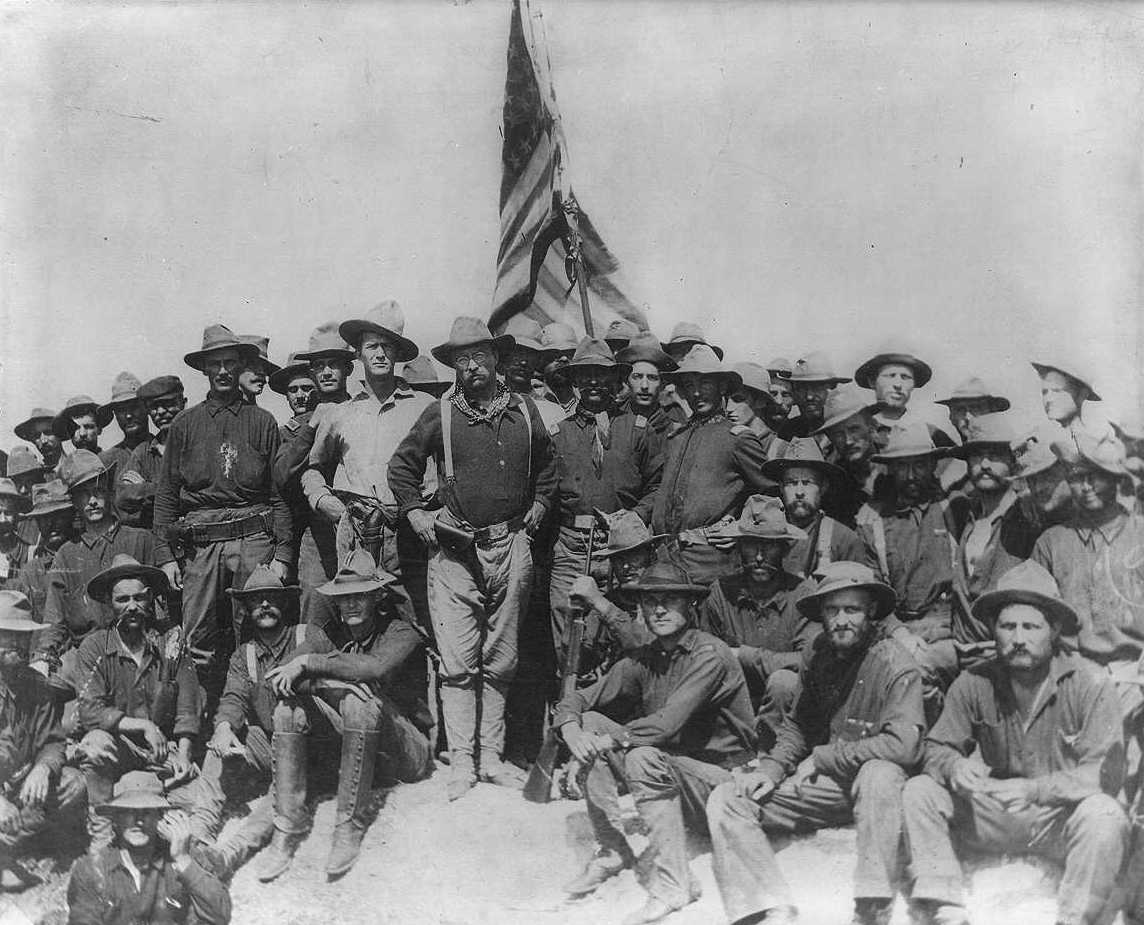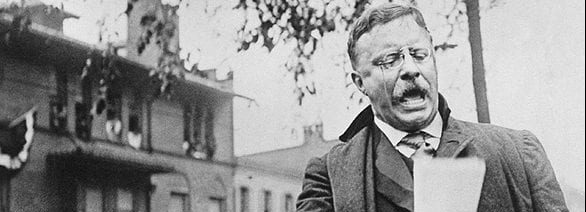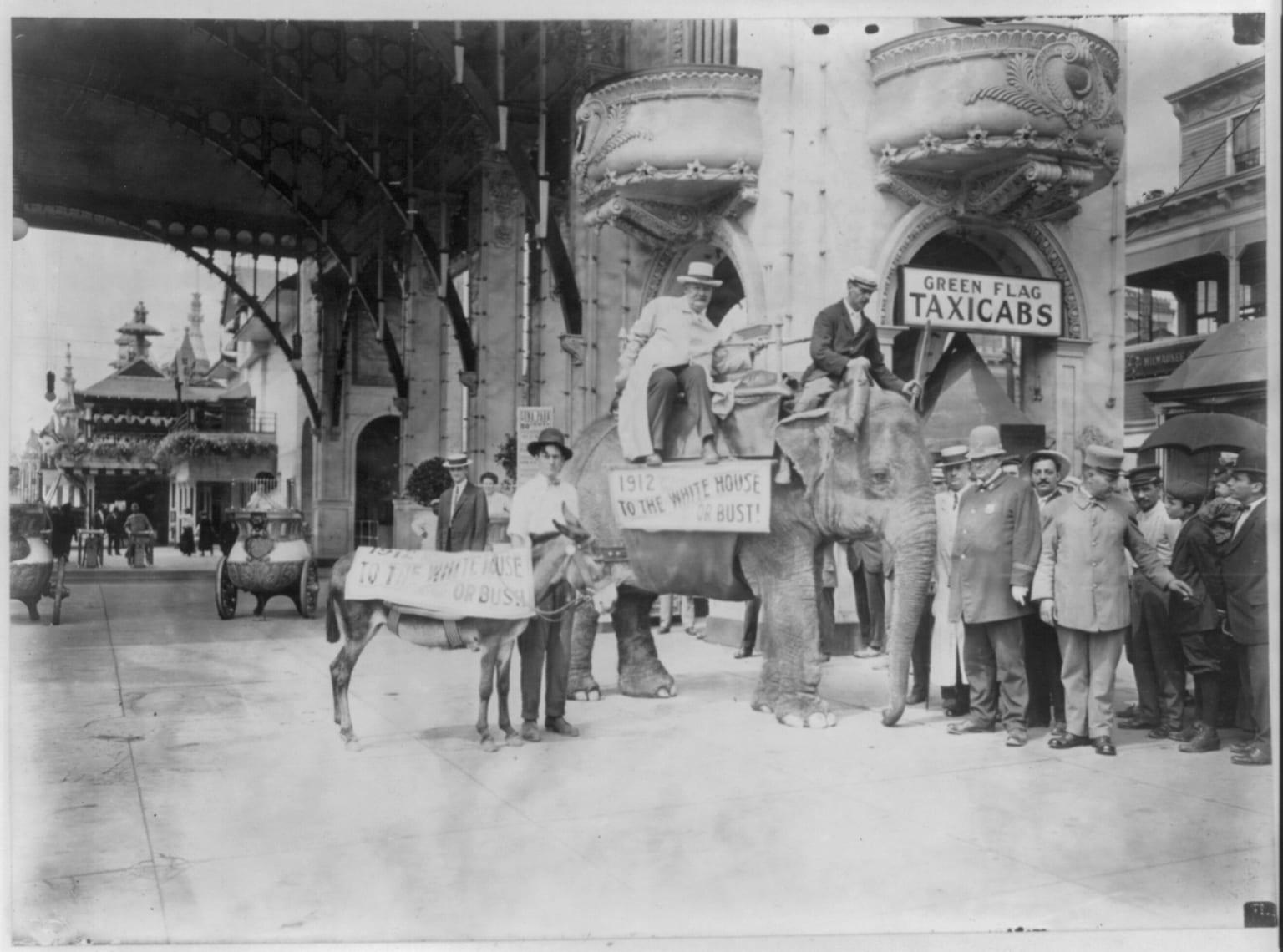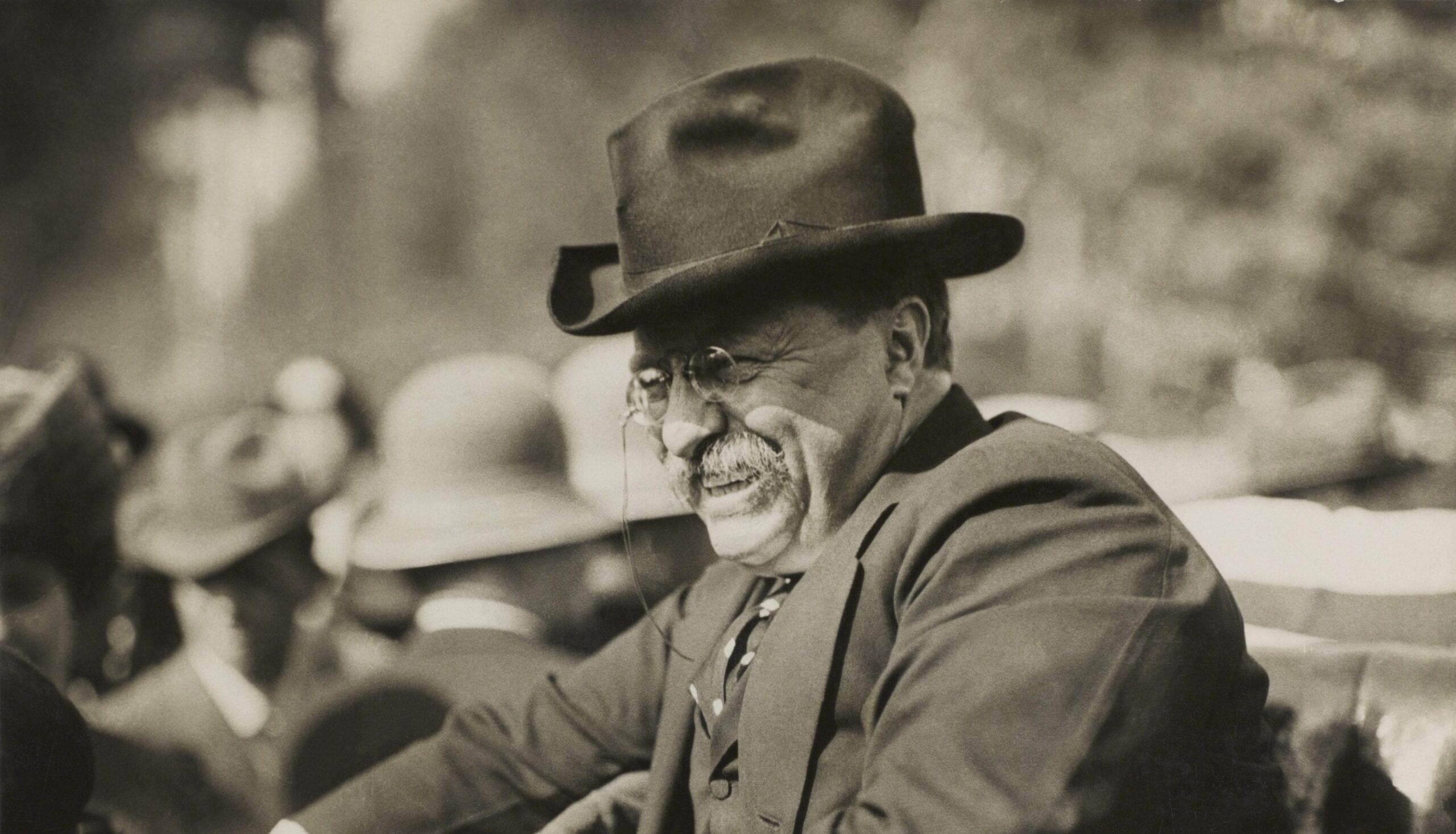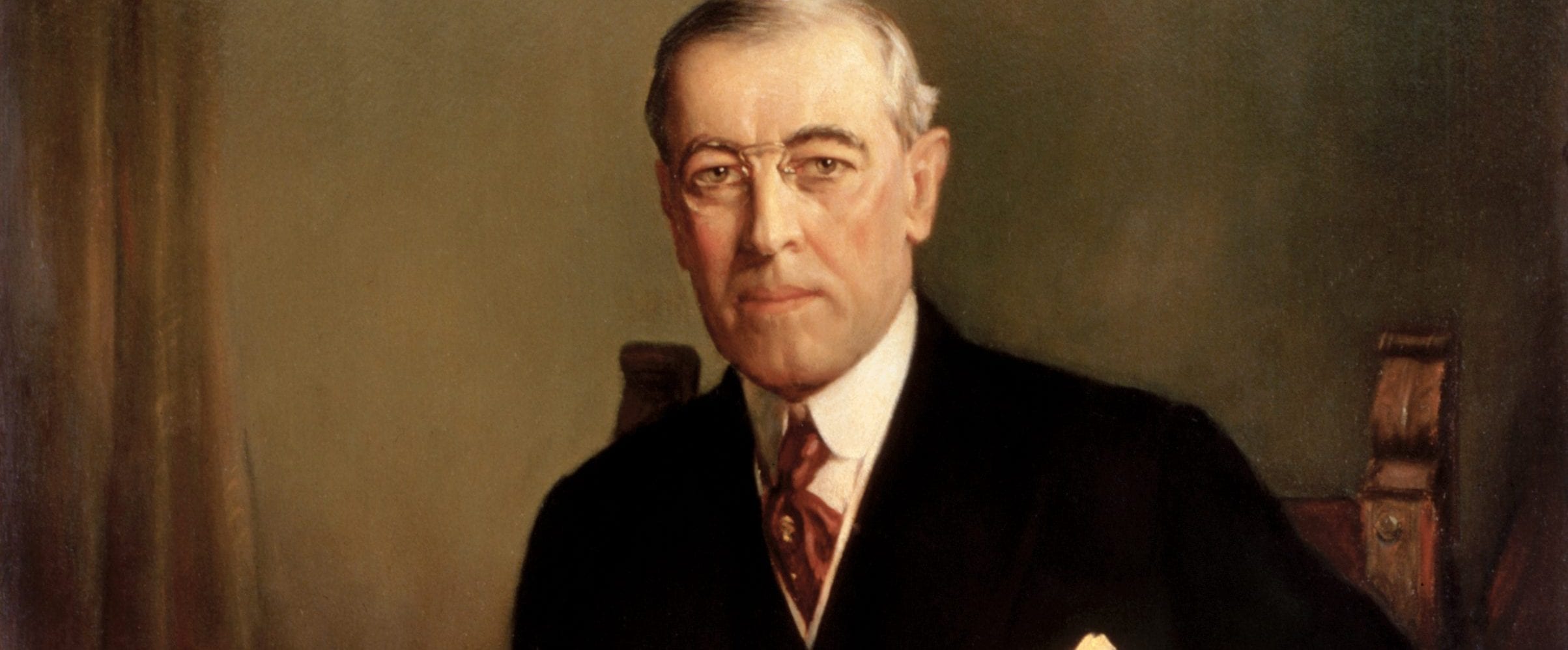
No related resources
Introduction
James B. Weaver (1833–1912) was a prominent and well-respected member of the Populist Party. A brevet brigadier general in the Civil War, a lawyer, and an agrarian reformer, Weaver represented Iowa in the U.S. House of Representatives and was twice a presidential nominee, running in 1880 under the Greenback Party banner and as a Populist in 1892. Weaver was a key figure in the formation of the Populist Party, and as manager of the Iowa Tribune, in 1890 endorsed the Farmers’ Alliance Ocala demands, a series of proposed policies that would be reiterated in the 1892 Populist Party platform.
Coincident with his 1892 bid for the presidency, Weaver published a book, A Call to Action: An Interpretation of the Great Uprising, Its Source and Causes, in which he detailed the Populist Party’s principles, diagnosed the problems facing turn-of-the century America, and advocated far-reaching economic and political reforms. Many of these reforms appeared in the party’s 1892 platform. Excerpted here are the author’s preface to the work and the concluding chapter. In each he argued that populist reform was necessary to liberate farmers and industrial laborers from the exploitation of business and unrepresentative government. Such measures, Weaver often claimed, were an imperative Christian moral duty.
Source: James B. Weaver, A Call to Action: An Interpretation of the Great Uprising, Its Source and Causes (Des Moines: Iowa Printing Company, 1892), 5–7, 441–45, available online at the Hathi Trust Digital Library: https://babel.hathitrust.org/cgi/pt?id=uc2.ark:/13960/t9r212d3t;view=1up;seq=1.
PREFACE
The author’s object in publishing this book is to call attention to some of the more serious evils that now disturb the repose of American society and threaten the overthrow of free institutions.
We are nearing a serious crisis. If the present strained relations between wealth owners and wealth producers continue much longer they will ripen into frightful disaster. This universal discontent must be quickly interpreted and its causes removed. It is the country’s imperative Call to Action, and cannot be longer disregarded with impunity.
The sovereign right to regulate commerce among our magnificent union of states, and to control the instruments of commerce, the right to issue the currency, and to determine the money supply for sixty-three million people and their posterity have been leased to associated speculators. The brightest lights of the legal profession have been lured from their honorable relation to the people in the administration of justice, and through evolution in crime the corporation has taken the place of the pirate; and finally a bold and aggressive plutocracy has usurped the government and is using it as a policeman to enforce its insolent decrees. It has filled the Senate with its adherents, it controls the popular branch of the national legislature by cunningly filling the Speaker’s chair with its representatives, and it has not hesitated to tamper with our Court of last resort. The public domain has been squandered, our coal fields bartered away, our forests denuded, our people impoverished, and we are attempting to build a prosperous commonwealth among people who are being robbed of their homes—a task as futile and impossible as it would be to attempt to cultivate a thrifty forest without soil to sustain it. The corporation has been placed above the individual, and an armed body of cruel mercenaries permitted, in times of public peril, to discharge police duties which clearly belong to the state. Wall Street has become the western extension of Threadneedle and Lombard streets, and the wealthy classes of England and America have been brought into touch.[1] They are no longer twain, but one, and have restored to Great Britain all the dominion she desires over her long-lost colonies. We have in late years become an important prop to the British throne and the hope of her dominant classes. We are careful not to act in monetary affairs without her consent; and if not in monetary affairs, then in none other, for money has become the Alpha and Omega of modern life.
The aristocratic classes in the old country constantly point their turbulent starving masses to the United States, in proof that republics afford no refuge or hope to the oppressed millions of mankind.
But the present stupendous uprising among the industrial people of the New World confounds them. It is the second revolt of the colonies. It required seven years for our fathers to overthrow the outward manifestations of tyranny in colonial days. But our weapons now are not carnal but mighty to the pulling down of strongholds. Their children can vanquish the American and British plutocracy combined in a single day—at the ballot box. They have resolved to do it. If this book can in the least aid in the mighty work, we shall be content.
The few haughty millionaires who are gathering up the riches of the New World make use of certain instruments to accomplish their selfish purposes. The people are beginning to understand what these instrumentalities are, and are preparing to resist their destructive force. The purpose of this book is to make clear the great work which lies before us. It must be thorough and complete in order to be permanent. The magnitude of our task will appear as we advance in the struggle.
We have made no attack upon individuals, but have confined our criticisms to evil systems and baleful legislation. We have endeavored to be accurate, but claim no literary merit for our effort. We submit the work to the criticism of our co-temporaries and the candid consideration of patriotic people. . . .
CHAPTER XX: DANGER AND DUTY
The American people have entered upon the mightiest civic struggle known to their history. Many of the giant wrongs which they are seeking to overthrow are as old as the race of man and are rock-rooted in the ignorant prejudices and controlling customs of every nation in Christendom. We must expect to be confronted by a vast and splendidly equipped army of extortionists, usurers, and oppressors marshaled from every nation under heaven. Every instrumentality known to man—the state with its civic authority, learning with its lighted torch, armies with their commissions to take life, instruments of commerce essential to commercial intercourse, and the very soil upon which we live, move, and have our being—all these things and more, are being perverted and used to enslave and impoverish the people. The Golden Rule is rejected by the heads of all the great departments of trade, and the law of Cain, which repudiates the obligations that we are mutually under to one another, is fostered and made the rule of action throughout the world. Corporate feudality has taken the place of chattel slavery and vaunts its power in every state.
The light of past civilization is shining full upon us all, and knowing that cause and effect follow closely upon each other, we believe that we fairly discern the outlines of the main events which the near future has in store for the American people. We do not claim to see clearly all the concomitant phenomena destined to follow the social earthquake just at hand. Such prevision is not accorded to man. But of this much we are certain: In their flight from their taskmasters the people have about reached the Red Sea. We cannot retreat. Either the floods will be parted for us and close, as of old, upon our pursuers, or a life-and-death struggle will ensue between oppressors and oppressed—between those who would destroy and enslave and those who are seeking to enter into the inheritance prepared for them by a beneficent Father. Our danger lurks in the alternative stated. It behooves every man who desires a peaceful solution of our ever-increasing complications to do all in his power to make the deliverance peaceful and humane. To further postpone the controversy is to invite chaos and challenge the arbitrament of the sword. Our past experience should be sufficient to warn us to steer clear of this abyss of peril and the hell of war.
All the nations of antiquity were scourged exactly as our people are now being scourged. They were afflicted, they complained, rebelled, and perished—oppressors and oppressed together. Their innate sense of justice enabled them to discern clearly between right and wrong, but their passion for revenge and thirst for blood made it impossible for the people to retain power even when the fortunes of war had placed it in their hands.
But thanks to the all-conquering strength of Christian enlightenment we are at the dawn of the golden age of popular power. We have unshaken faith in the integrity and final triumph of the people. But their march to power will not be unobstructed. The universal uprising of the industrial forces will result in unifying the monopolistic and plutocratic elements also, and through the business and social influences of these potential and awakened forces, thousands of well-meaning professional and business men of all classes will be induced, for a time, to make common cause against us. This makes it necessary for the friends of reform to put forth herculean efforts to disabuse the minds of well-meaning people concerning the underlying objects of the movement, and this calls for systematic, energetic, and constant educational work covering the whole range of the reforms proposed. It is also the surest method of overcoming the obstacle of indifference among the people.
We must also be prepared to see the two well organized and equipped political parties march to the assistance of each other at critical points along the line. The leaders will spare no effort to accomplish this end. Two influences, now at work, are ample to at least partially precipitate this result—the use of money and the community of danger inspired by the appearance of the new political force.
The great mass of voters should be faithfully warned of this danger before designing leaders have made the attempt to mislead them. In this manner the evil consequences of their efforts can be largely averted.
The Great Danger
If the economic revolution now in progress in the United States is not speedily successful, the industrial people will have no one to blame but themselves. Through suffering and research they have learned the causes of their distress. They have organized, decided upon remedies, and made known their demands. They have the numbers to make their wishes effective. The Constitution and laws of the country place the whole matter within their hands. The great initial battles have been fought in the courts, and this constitutes their Gibraltar and impregnable vantage ground. Nothing is now needed but a proper use of the ballot.
If the friends of reform will make one united and fearless effort the victory will be won. Fidelity to truth, to home, to family and to the brotherhood of purpose is all that is required. Capital possesses one thing which labor does not—ready cash. They will not hesitate to make the best possible use of it. But labor possesses that which capital does not—numbers. They should be made effective. Will they longer refuse to make use of the peaceful weapon which their fathers placed in their hands? If we will not with courage and conscience choose the methods of peace, the sword is inevitable. Persistent oppression on the one hand and neglect to make proper use of the ballot on the other, in the very nature of things, call for the application of force as the only solution. Avenging armies always follow close upon the heels of legalized injustice. If we would escape the sword we must at once conquer through the power of truth and through knowledge incarnated and set in motion.
Let us all remember that the various organizations, now so powerful, cannot always be maintained. They will decay with time and fall to pieces from lack of purpose or the discouragements of defeat. Our enemies well understand this and are urging procrastination and pleading for time. As well might the general of an army send a bearer of dispatches, under a flag of truce, to ask the commander of the opposing forces when he would like to have the engagement brought on. If the general consulted were weak in numbers he would decide to postpone the battle until such time as the forces of his adversary could be wasted by death, disease, and desertion.
Strike Now!
We have challenged the adversary to battle and our bugles have sounded the march. If we now seek to evade or shrink from the conflict it will amount to a confession of cowardice and a renunciation of the faith. Let us make the year 1892 memorable for all time to come as the period when the great battle for industrial emancipation was fought and won in the United States. It is glorious to live in this age, and to be permitted to take part in this heroic combat is the greatest honor that can be conferred upon mortals. It is an opportunity for every man, however humble, to strike a blow that will permanently benefit his race and make the world better for his having lived. Throughout all history we have had ample evidence that the New World is the theater upon which the great struggle for the rights of man is to be made, and the righteous movement now in progress should again forcibly remind us of our enviable mission, under Providence, among the nations of the earth.
- 1. Threadneedle and Lombard are London streets associated with the central banking and merchant industries of England.
A Voice from the South
December 31, 1892
Conversation-based seminars for collegial PD, one-day and multi-day seminars, graduate credit seminars (MA degree), online and in-person.



